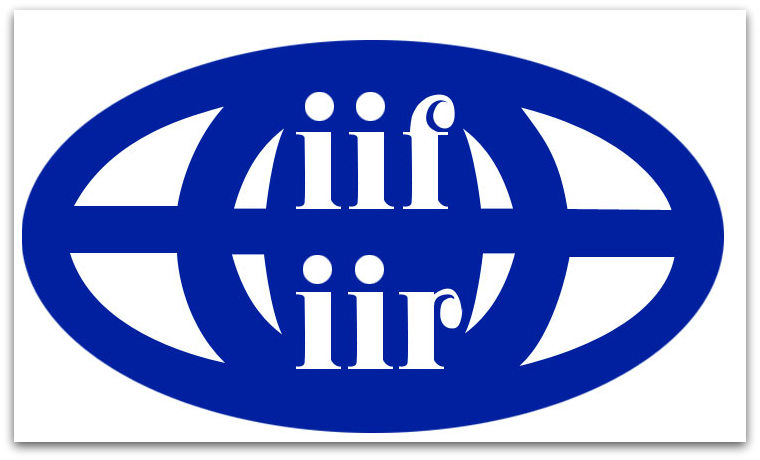Complexonate water treatment in small water circulation cooling systems
DOI: 10.17586/1606‑4313‑2020‑19‑3-3-9
UDC 621.182
Pinchuk O. A., Kostko A.F., Karavan S. V.
Keywords: water circulation cooling systems, carbonate hardness, complexons, complexonates
UDC 621.182
Complexonate water treatment in small water circulation cooling systems
For citation: Pinchuk O.A., Kostko A.F., Karavan S.V. Complexonate water treatment in small water circulation cooling systems. Vestnik Mezhdunarodnoi akademii kholoda. 2020. No 3. p. 3–9.
Abstract
The paper discusses the water-chemical regime in water-circulation cooling systems with low volumes of circulating water. Salt deposition prevention, primarily on heat exchange surfaces, and corrosion reduction of structural materials were achieved with organophosphoric acids (complexons) and/or their salts (complexonates). The maximum hardness of recycled water and the dose of the salt deposition inhibitor (for organic phosphorus) are presented. As an example, the monitoring data of the circulating water hardness in two water-circulation cooling units during corrective treatment for a long period of time are given. The data analysis showed that the operation stability of water circulation cooling systems requires the evaporation coefficient control. Minimum evaporation coefficient should be achieved at starting the system or after purging. The period of time when the maximum of evaporation coefficient is reached should be extended. Complexonate water treatment increases the concentration limit of salinity in circulating water and allows long-term operation of water circulation cooling systems with high salinity. Periodic purging is required if there is insufficient drip entrainment of circulating water, which reduces the salt content.
Abstract
The paper discusses the water-chemical regime in water-circulation cooling systems with low volumes of circulating water. Salt deposition prevention, primarily on heat exchange surfaces, and corrosion reduction of structural materials were achieved with organophosphoric acids (complexons) and/or their salts (complexonates). The maximum hardness of recycled water and the dose of the salt deposition inhibitor (for organic phosphorus) are presented. As an example, the monitoring data of the circulating water hardness in two water-circulation cooling units during corrective treatment for a long period of time are given. The data analysis showed that the operation stability of water circulation cooling systems requires the evaporation coefficient control. Minimum evaporation coefficient should be achieved at starting the system or after purging. The period of time when the maximum of evaporation coefficient is reached should be extended. Complexonate water treatment increases the concentration limit of salinity in circulating water and allows long-term operation of water circulation cooling systems with high salinity. Periodic purging is required if there is insufficient drip entrainment of circulating water, which reduces the salt content.
Keywords: water circulation cooling systems, carbonate hardness, complexons, complexonates












